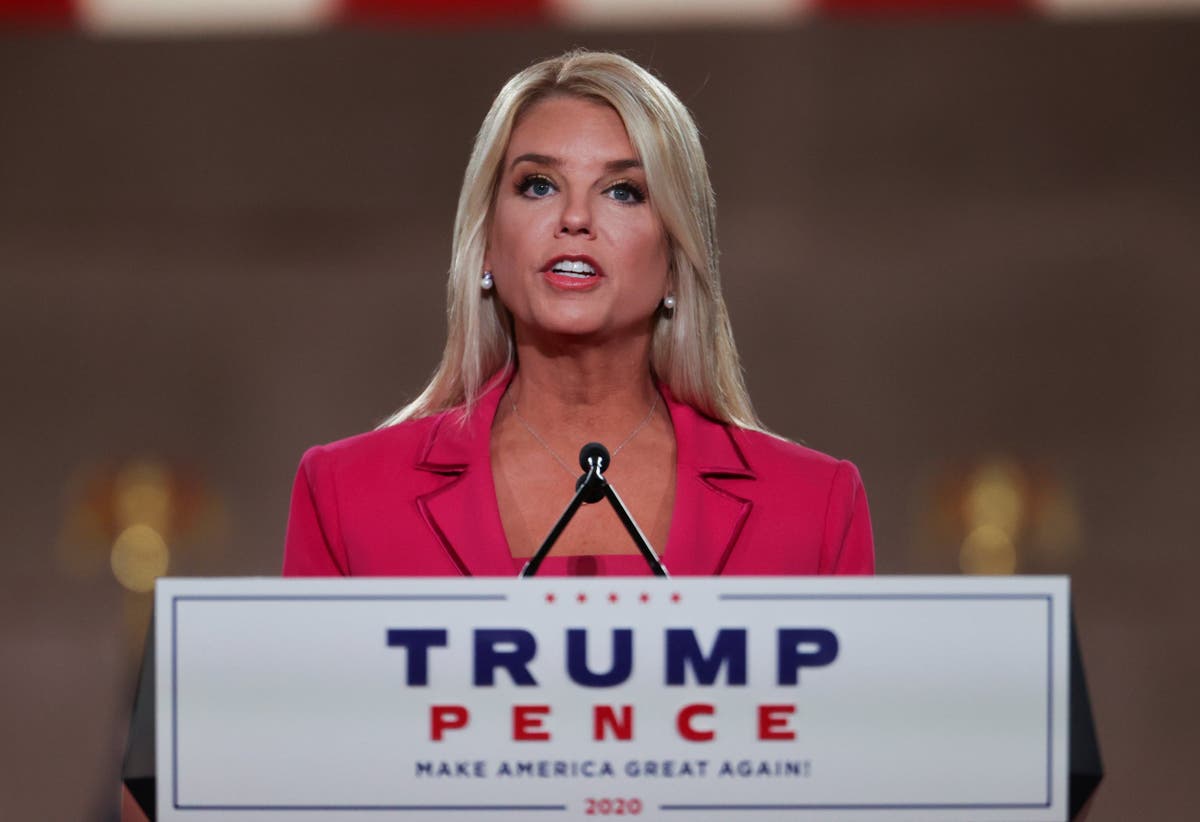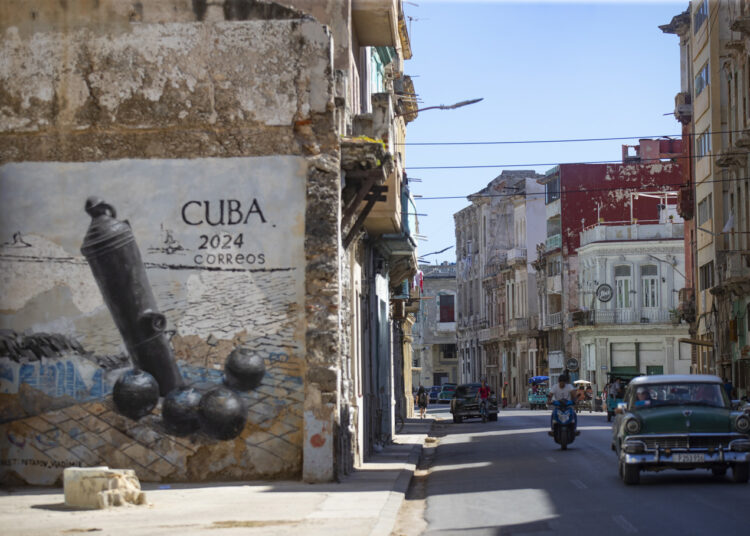
ST. PAUL, Minn. — Voters in St.
Paul rejected a ballot measure Tuesday that, if passed, would have raised property taxes to support child care for families in need. The subsidy program was a pressure point between the City Council and Mayor Melvin Carter, who opposed the measure, arguing that the plan would under-deliver and that the city did not have the infrastructure in place to support it. In a letter to the City Council last month, Carter said that his administration would decline to implement the programming if it was passed.
The funding would have supported 150 families in its first year and 4,000 children after a decade, according to a projection put together by a consultant for the program. The tax levy would have brought in $2 million in the first year and $20 million by the 10th year. Roughly 60% of St.
Paul voters rejected the initiative, according to the Minnesota secretary of state's office. Voters in St. Paul also chose to move city races — such as the mayor and city council — from odd-numbered years to presidential election years.
Supporters said it would boost voter engagement, since odd-numbered elections traditionally see very low turnout. However opponents like Carter said the city deserves to have its own election conversation separate from big-ticket races that capture the headlines. The change will go into effect by 2028.
Aki Nace has been a web producer for CBS Minnesota since 2019. She covers breaking news and makes short-form documentary films..














